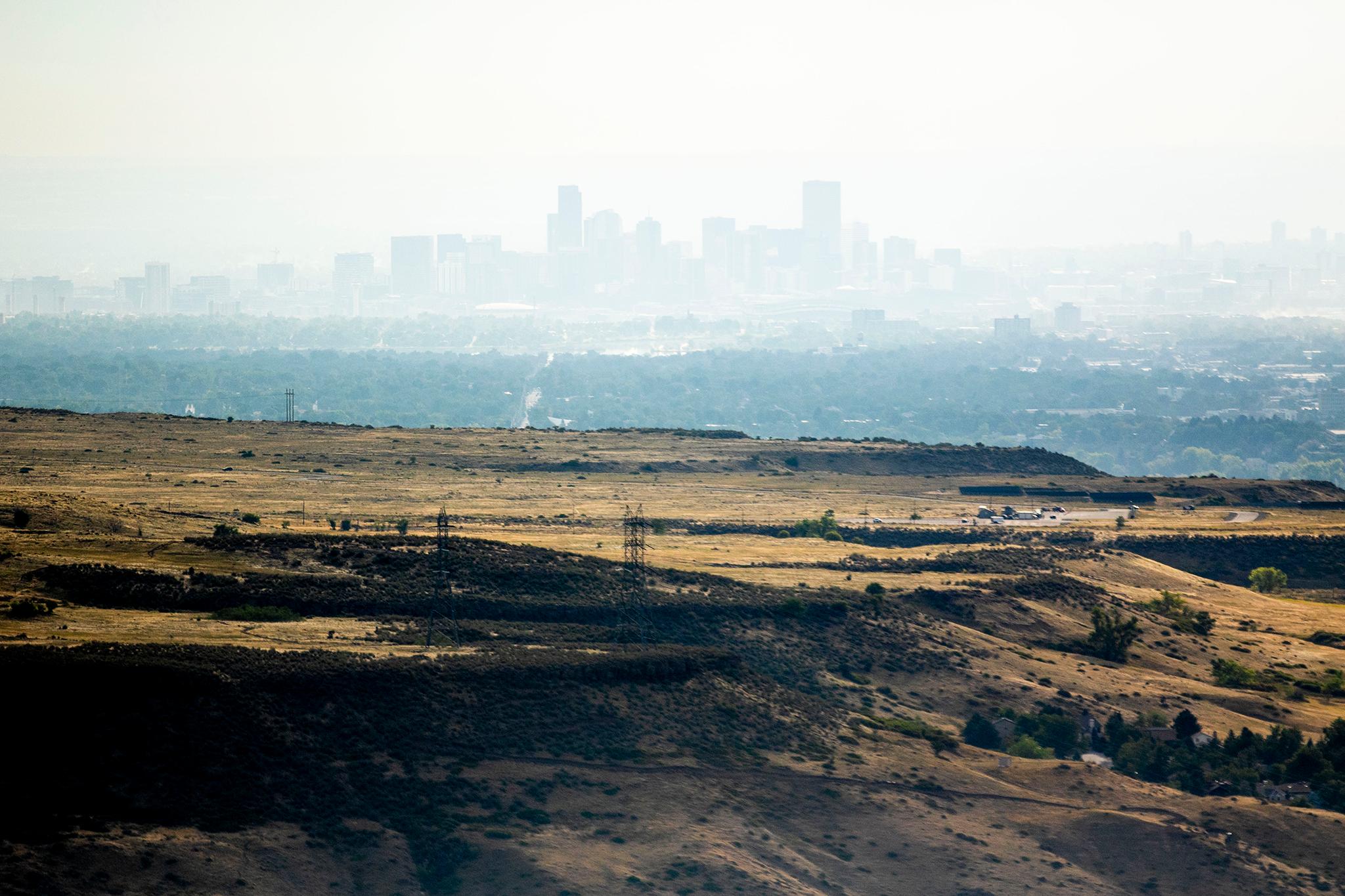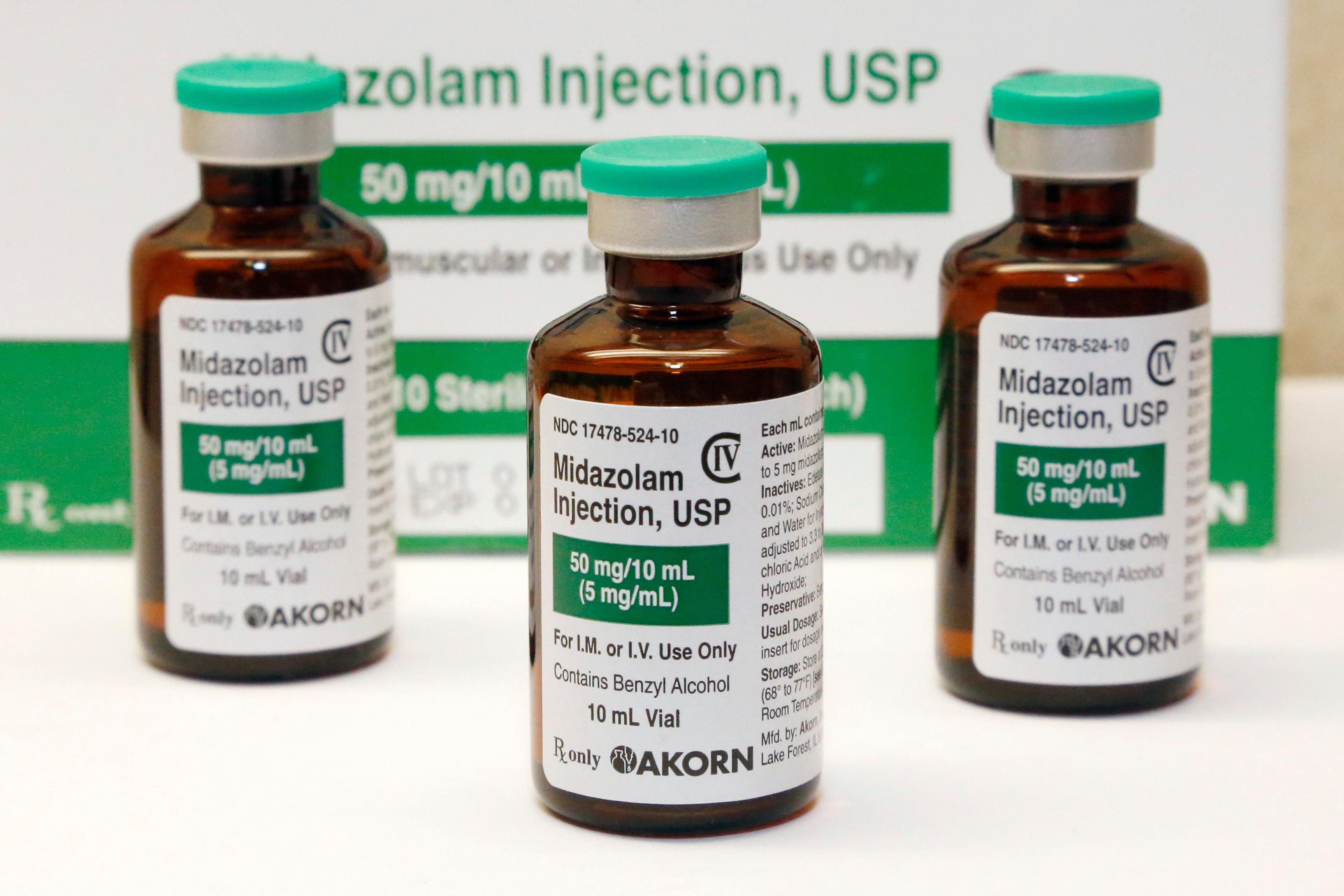
The U.S. Environmental Protection Agency announced plans on Thursday to award nearly $3 million to help fund seven community air monitoring projects across Colorado.
The new federal funding, part of President Biden's effort to track and reduce pollution in historically marginalized communities, will go to a range of projects designed to track air toxins, harmful particulates and emissions of climate-warming gases like methane.
The Colorado grants represent a small portion of a $53 million package for 132 similar projects in 37 states, which represents the EPA's largest investment in community air monitoring projects, according to an agency press release.
The funding comes from the 2021 American Rescue Plan and the 2022 Inflation Reduction Act. It helps advance the president's Justice40 initiative, which calls on the federal government to direct 40 percent of certain climate-related investments to historically underserved communities.
“This funding will help address air quality information gaps in and near underserved communities across the Front Range and Southwest Colorado, providing community members with more data about the air they breathe,” said EPA Regional Administrator KC Becker.
Here's the list of projects in Colorado:
Jefferson County: $225,954.25
The Jefferson County Public Health Department will partner with local groups to deploy monitors to track particulate matter, one of the most dangerous forms of air pollution and the main threat from wildfire smoke. The coalition will share data on an online dashboard.
San Juan Basin Public Health: $312,500
The local public health department will use the funding to deploy air monitors in Archuleta, La Plata and San Juan counties. A new program will also loan home air monitors to residents.
Tri-County Health Department: $403,996
The local public health department will use the grant to expand an air monitoring network to measure particulate matter. The data will be shared on an online dashboard.
Black Parents United Foundation: $472,656
The Denver-based nonprofit will use the money to set up an air monitoring network in Aurora. Data on ozone, methane, volatile organic compounds and particulate matter will be shared through an online dashboard.
350 Colorado: $498,537
The climate advocacy group will use the funding to set up air monitors near the Bella Romero Academy 4-8 Campus.
The school is in close proximity to an active oil and gas site. The Colorado Department of Public Health and Environment recorded elevated levels of carcinogenic benzene near the schools in 2019. It later stopped monitoring near the school after deciding there wasn’t an ongoing threat to public health.
The Greeley-Evans School District rejected an offer to set up new monitors earlier this year, saying the data wouldn't have been consistent with earlier air monitoring techniques.
Patricia Garcia-Nelson, 350 Colorado board member and mother of a student at Bella Romero Academy, said the new grant would allow the organization to hire Boulder Atmosphere Innovation Research LLC to establish a long-overdue air monitoring program. Real-time data will be posted to a public web portal.
“Dozens of families have petitioned, we have written letters to shut down the wells, or at the very least allow air monitoring on school property. When it comes to protecting our children, we are not giving up.”
City of Fort Collins: $499,139
Fort Collins will deploy air monitors to measure air toxins near oil and gas operations in Larimer County and western Weld County. A mobile air monitoring van will further assist operations.
Cultivando: $500,000
Cultivando is a Commerce City-based nonprofit focused on environmental issues and public health. Last year, it won state funding to deploy air monitors in neighborhoods near Suncor's Commerce City refinery. The new federal money will allow it to continue operating those stations and deploy a mobile air monitoring van.
"We are excited that these funds will enable us to continue monitoring for an additional year,” said Cultivando director Olga Gonzalez. “We realized from the beginning, that one year would not be a sufficient amount of time to gather enough data to give us a clearer picture about the air toxics being released by the local Suncor oil refinery."







